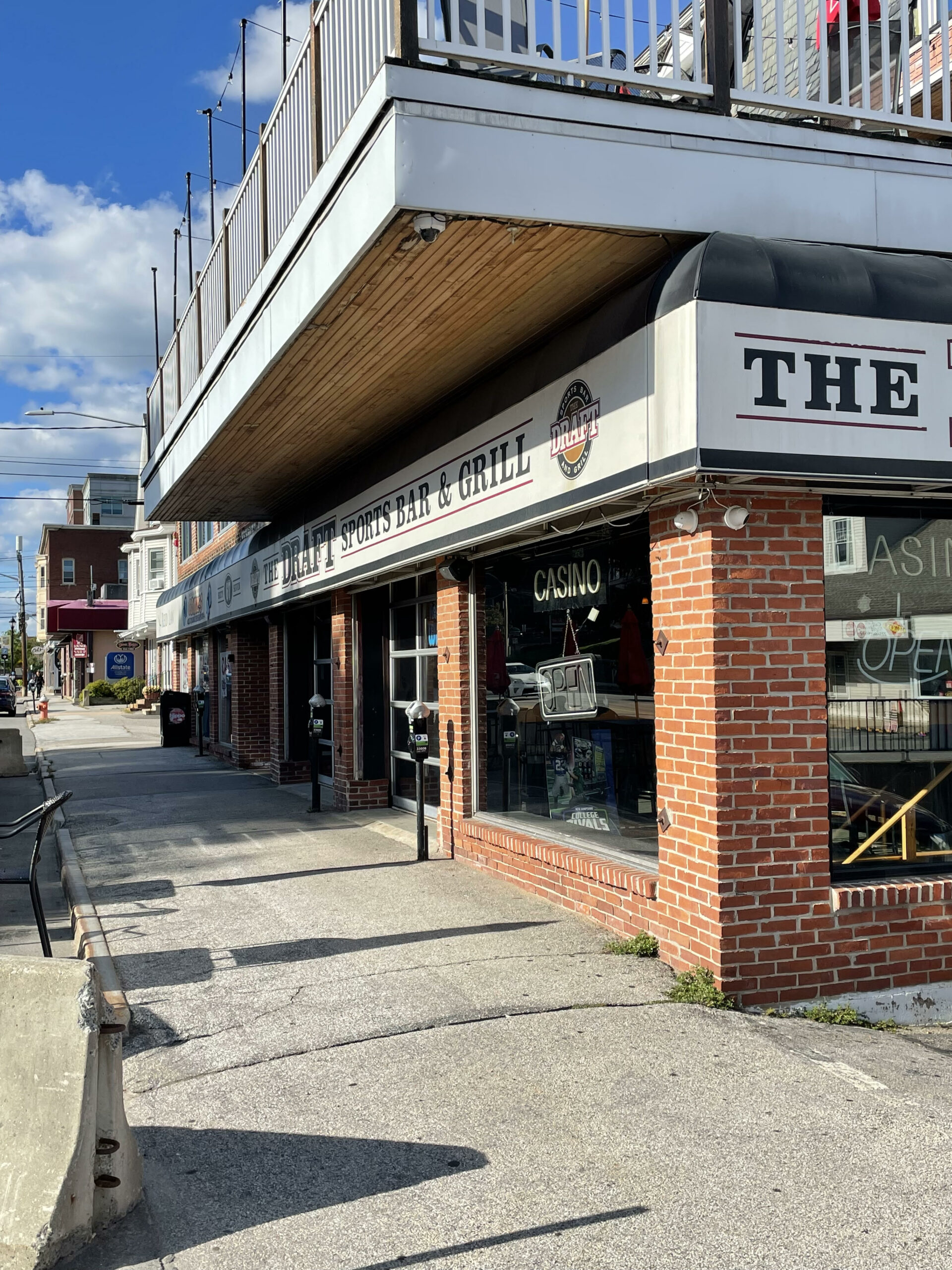Sanborn Craps Out, Loses Casino License

Andy Sanborn’s luck has run out.
After finding Sanborn lied on his application for $844,000 in COVID relief money and then used that cash to pay himself $240,000 and buy sports cars, hearing officer Michael King ordered Sanborn to sell his Concord Casino business.
King is the independent hearing officer who presided over the administrative rules hearing regarding complaints brought by the New Hampshire Lottery Commission against Sanborn, a former GOP state senator and one-time candidate for Congress.
“The misrepresentations on the EIDL [Economic Injury Disaster Loan] application and the subsequent use of the proceeds for expenditures not allowed by that loan constitute ‘conduct by the licensee that undermines the public confidence in charitable gaming,’” King wrote in an order released Thursday.
Sanborn’s casino license is now suspended for six months, during which time he must find a buyer who can pass the New Hampshire Lottery Commission’s background check. If no suitable buyer is found in that time, the license will be revoked.
Testimony from this month’s hearing and evidence filed in the case revealed Sanborn tried to hide the fact from the federal government that his EIDL loan was going to a casino business. Casinos were not eligible for the EIDL program.
Sanborn and loan consultant Michael Evans listed the business as “Win Win Win LLC” and did not use the trade name “Concord Casino,” King noted in his order. The pair also claimed the business engaged in “miscellaneous services” and not that it was a “charitable gaming facility,” according to King.
When Sanborn started getting the COVID money, he had a little more than $900 in his business bank account, according to King. Within a couple of weeks, Sanborn started buying. According to the evidence, he bought a pair of Porsches, a Ferrari for his wife, state Rep. Laurie Sanborn (R-Bedford), and expensive car parts.
Those purchases would be listed as business equipment in Win Win Win’s financial statements, according to the review.
Further, Sanborn paid himself $240,000 in rent between January and August 2022 for the casino’s Main Street space in Concord.
Sanborn owns the building housing the casino through a different LLC called The Best Revenge LLC. While the original lease agreement between Win Win Win and The Best Revenge is for a $500 a month lease, Sanborn was making payments to himself ranging from $10,000 to $30,000 a month for rent, according to the evidence.
Sanborn claimed the 40-fold rent increase was due to his casino floor space increasing six and a half percent. While it was alleged Sanborn was diverting COVID money to himself through rent, King found Sanborn’s high rental payments to himself started in 2021 before he received any COVID cash.
Sanborn started making payments in November 2021, ranging from $5,000 to $22,000. Those payments were seen as “wildly excessive” by the state.
The decision ends Sanborn’s second act as a casino owner. He was in the process of developing a larger casino in Concord when the state alleged he had fraudulently obtained the COVID money.
Sanborn has 15 days to appeal King’s decision, though he might have other legal concerns. The New Hampshire Attorney General’s Office and the United States Attorney’s Office are now looking into Andy and Laurie Sanborn. The pair are the subject of an investigation by the Attorney General’s Public Integrity Unit.



 Sanborn is accused of misappropriating $844,000 in pandemic relief tax dollars while operating a casino at his Draft Sports Bar and Grill, which he owns along with his wife, state Rep. Laurie Sanborn (R-Bedford). The allegations against her business partner forced her to give up her position as chair of the
Sanborn is accused of misappropriating $844,000 in pandemic relief tax dollars while operating a casino at his Draft Sports Bar and Grill, which he owns along with his wife, state Rep. Laurie Sanborn (R-Bedford). The allegations against her business partner forced her to give up her position as chair of the 
